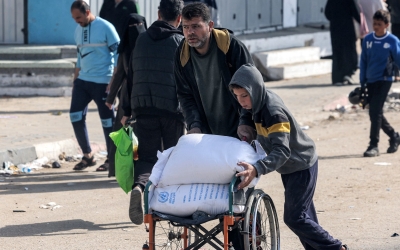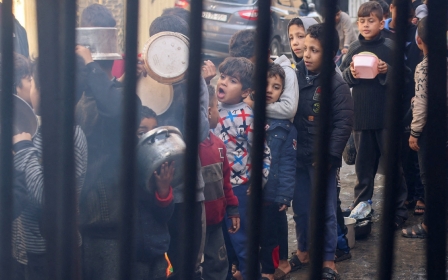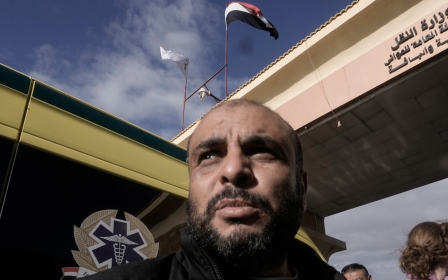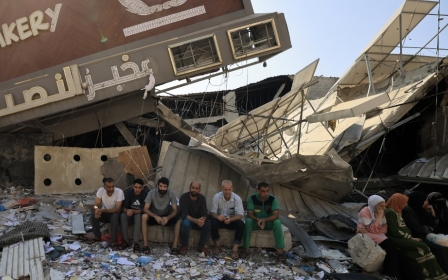War on Gaza: Palestinians are starving. Airdropping of aid must begin immediately
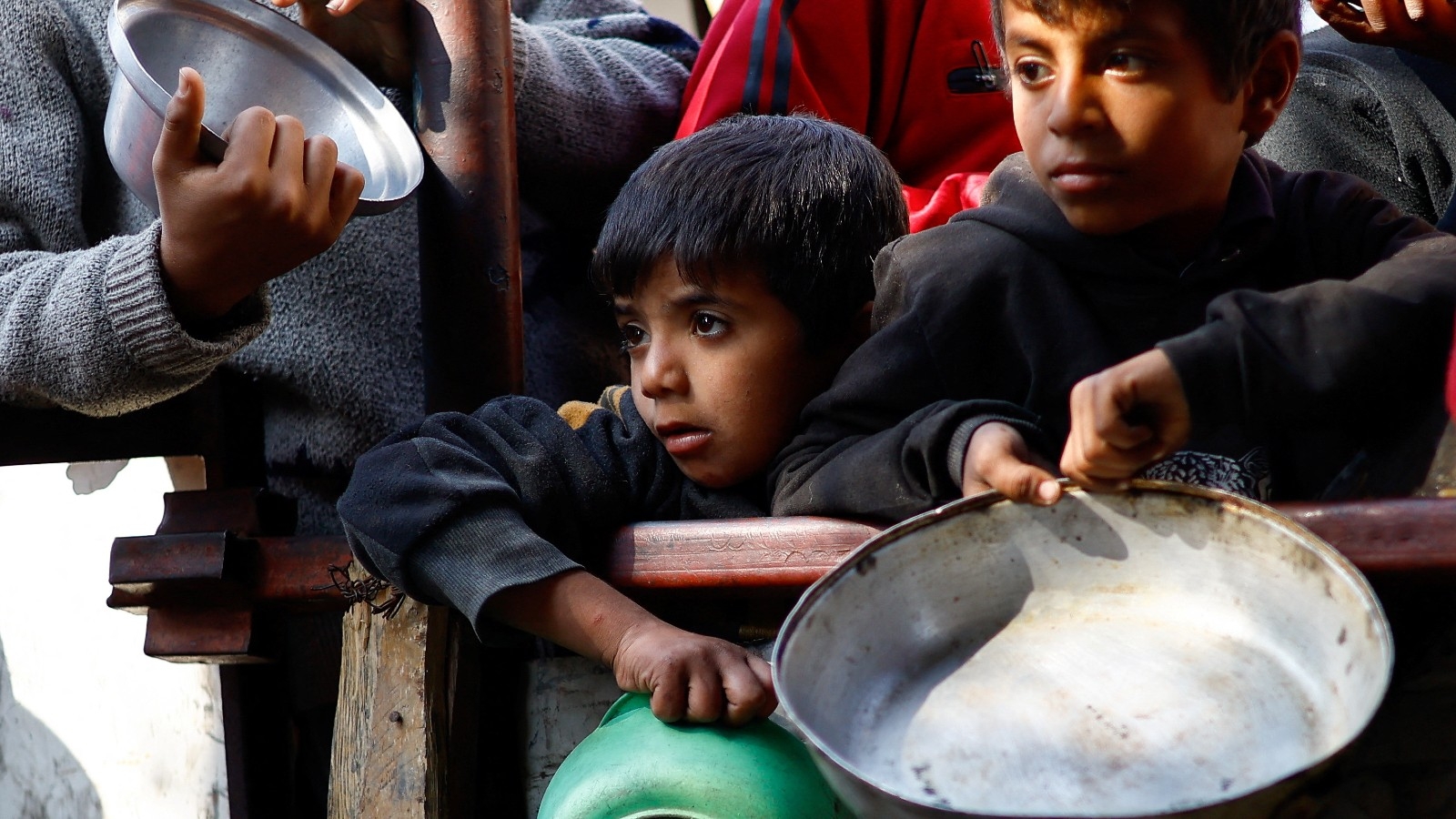
As a British-Palestinian with a lifetime of seeing atrocities committed against my people, the current onslaught has felt worse than any other.
As an aid worker with decades of experiencing humanitarian crises, the growing suffering in Gaza seems the most severe I have seen. Sadly, this is not a feeling grounded in recency bias, this is a reality grounded in fact.
The UN’s hunger monitoring agency, the Integrated Food Security Phase Classification, has confirmed that “this is the highest share of people facing high levels of acute food insecurity that the IPC initiative has ever classified for any given area or country”.
In a world where the depravity of inhumanity has seldom been impeded, the people of Gaza are now enduring actions historic in our species’ ability to inflict death and destruction on others.
Catastrophic famine is being ushered in because people are being deliberately starved of the bare essentials humans need to survive - food and water.
New MEE newsletter: Jerusalem Dispatch
Sign up to get the latest insights and analysis on Israel-Palestine, alongside Turkey Unpacked and other MEE newsletters
The removal of the things the rest of the world takes for granted, such as homes having electricity, hospitals not being inundated with patients to the extent they have to perform surgery without anesthesia, or children going to bed without the fear of a bomb being dropped on them - are all tools being used to worsen the hell being unleashed on Palestinians in Gaza.
We should meet these acts of inhumanity with actions for humanity. When such creative methods are being employed to end life on an industrial scale, we must be equally creative in how we can support the Palestinians being exposed to unprecedented levels of hardship.
We have seen France and Jordan dropping in several tons of medical aid for the hospitals unable to cope with the endless conveyor belt of maimed and dying civilians.
If the world’s cries for a level of humanitarian aid to reach the people via land borders are still ignored, then the world has a responsibility to get even more support to the people by any means necessary. If they will not let us help by land or sea, then we must try by air.
Winter storms
Before October 2023, around 500 trucks of aid would cross into Gaza daily. Now the number is down to around one hundred.
Those that do get through are hindered by phone networks being arbitrarily taken down, transport infrastructure being damaged and bombs being dropped with little being done to spare civilians and aid workers alike.
Follow Middle East Eye's live coverage of the Israel-Palestine war
The aid that does get through is mainly going to the south via the Rafah border crossing. However, the scale of need is just as great, if not greater, in the north of Gaza.
Also, we are entering the depths of winter. Storms are coming across the region and with 1.7 million people displaced from their homes, living in damaged and destroyed shelters during freezing conditions could be another fatal factor facing Gazans.
Supplies have been airdropped in humanitarian crises before. It was done recently to save lives in besieged areas of Syria, and earlier to Yazidis trapped on Mount Sinjar, Bosnians under siege in Mostar, and communities in South Sudan cut off from aid due to conflict.
There can be no argument made that flour, bottles of water, specialist foodstuffs designed for people with malnutrition, such as Plumpy’Nut, or tents can be weaponised by military actors.
Logistical challenges
Airdropping aid to civilian populations could help overcome the distribution and logistical challenges that aid organisations are currently facing. If done in conjunction with military actors, the risk to those distributing the aid would be low.
Airdrops do present logistical challenges. Materials must be dropped in coordination with a team on the ground who can distribute them according to need. Accuracy can be an issue. The parcels can sometimes break up during the drop.
In addition, is obviously a lot more expensive to fuel a plane than an aid truck, so it is certainly not a cost-efficient solution and so is doubtlessly a last resort for any aid response.
However, with the situation as it is, we are surely at the point where options of "last resort" are the only options left.
There is no humane argument to not begin attempting the airdropping of food and water into Gaza.
We, the aid community, have countless trucks’ worth of aid ready to distribute to the people of Gaza, and our donors, whose hearts are breaking with the scenes on their screens, are willing to fund more and more.
A food insecurity catastrophe is a symptom of a political disease. Humanitarian actors exploring new ways to deliver aid can only slow the rate at which people are dying - it ultimately cannot stop it from happening.
The sad fact is that, without an immediate ceasefire, airdrops will only paper over the huge, gaping cracks left by air strikes.
The views expressed in this article belong to the author and do not necessarily reflect the editorial policy of Middle East Eye.
Middle East Eye delivers independent and unrivalled coverage and analysis of the Middle East, North Africa and beyond. To learn more about republishing this content and the associated fees, please fill out this form. More about MEE can be found here.



